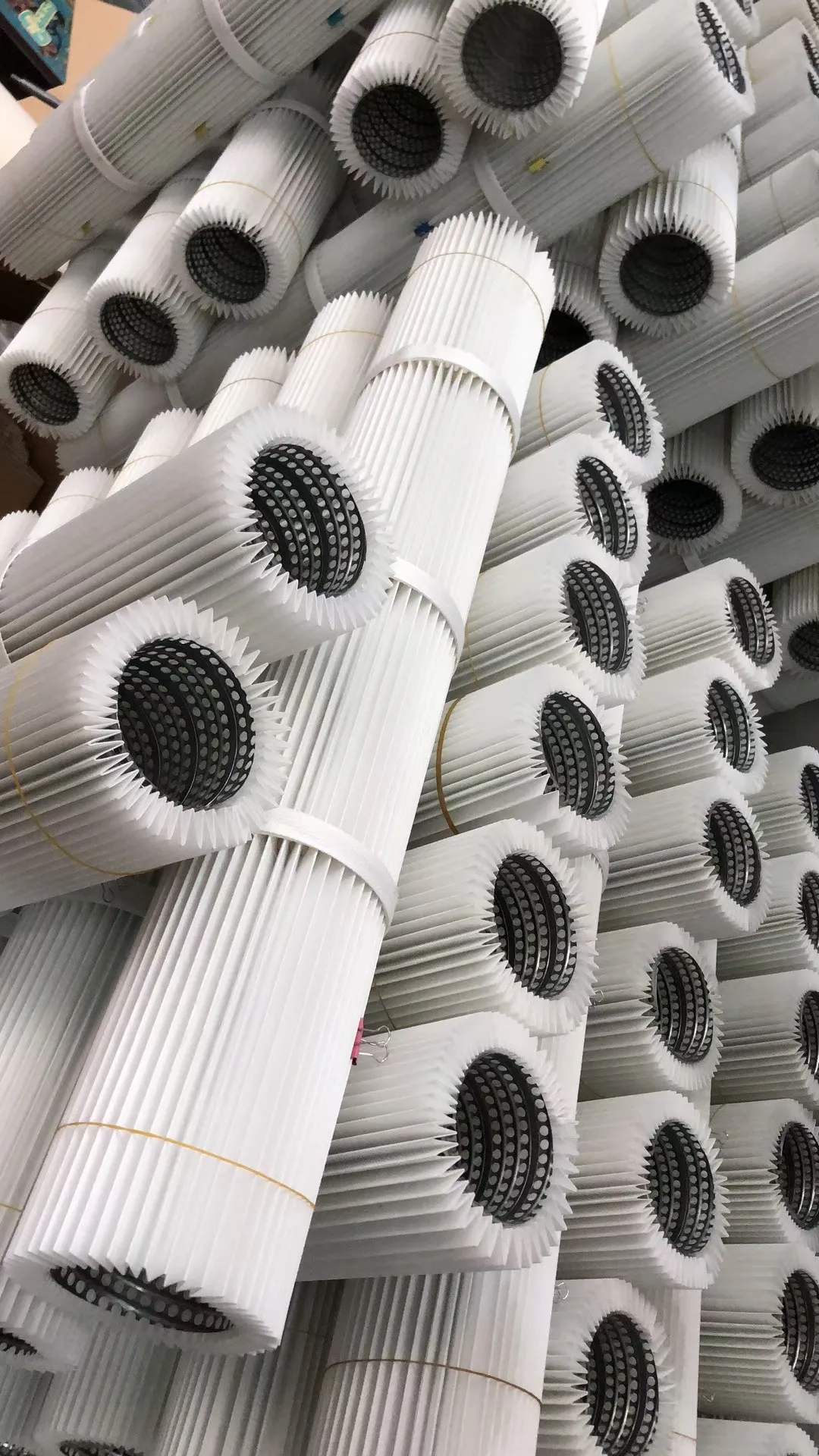 Tel:
+8618931101301
Tel:
+8618931101301
7 月 . 30, 2024 00:41 Back to list
Optimizing Air Filter Systems for Enhanced Performance in Gas Turbine Applications and Efficiency
Air Filters in Gas Turbines Importance and Functionality
Gas turbines play a pivotal role in modern power generation, aviation, and various industrial applications. Their operation heavily relies on the quality of air that is drawn into the engine. Consequently, air filtration systems are indispensable components of gas turbine designs, ensuring optimal performance, efficiency, and longevity of the equipment. In this article, we will explore the significance of air filters in gas turbines, their functioning, types, and maintenance considerations.
The Importance of Air Quality
The primary function of air filters in gas turbines is to protect sensitive internal components from particulate matter, contaminants, and corrosive substances present in the ambient air. These pollutants can include dust, pollen, industrial emissions, and other debris, which, if not filtered out, can lead to several adverse effects. Contaminants can cause erosion and corrosion of turbine blades, reduce the efficiency of the combustion process, and ultimately shorten the lifespan of the turbine.
High-quality air filtration is particularly crucial in industries where gas turbines operate in dusty or polluted environments. Power plants, oil and gas facilities, and manufacturing units often face challenges due to high levels of airborne particulates. Implementing effective air filter systems not only enhances the turbine’s performance but also contributes to lower maintenance costs and increased operational reliability.
Types of Air Filters
There are several types of air filters utilized in gas turbines, each designed for specific applications and levels of contamination. The most common types include
1. Panel Filters These are often the first line of defense, capturing large particles before the air moves into more sensitive filtration stages. They are typically made of fiberglass or synthetic materials and are designed for easy replacement.
gas turbine air filter

2. Bag Filters Designed to capture smaller particles, bag filters possess a larger surface area than panel filters. They are effective in environments with high particulate levels and require timely replacement and maintenance.
3. HEPA Filters High-Efficiency Particulate Air (HEPA) filters can capture up to 99.97% of particles as small as 0.3 microns. Their application is vital in maintaining clean air supply for gas turbines, particularly in settings where air quality is paramount.
4. Pre-Filters Often used in combination with higher-efficiency filters, pre-filters help extend the life of more expensive filters by removing larger particles before they reach more sensitive filtration stages.
Maintenance Considerations
To ensure that air filters maintain their effectiveness, regular inspection and maintenance are essential. Clogged or excessively dirty filters can drastically reduce airflow, leading to decreased turbine efficiency and increased fuel consumption. Operators should adhere to the manufacturer's guidelines regarding filter replacement intervals and cleaning protocols.
Predictive maintenance strategies, which may include monitoring pressure differentials across filters, can be implemented to optimize filter performance. By analyzing these metrics, operators can determine the right time to replace or clean filters, thus avoiding unplanned downtime and ensuring continuous turbine operation.
Conclusion
Air filters are a critical component in the operation of gas turbines. By ensuring that the air entering the turbine is free from harmful pollutants, these filters protect vital machinery from damage and contribute to efficient power generation. The investment in quality air filtration systems, along with diligent maintenance practices, can significantly enhance the reliability and performance of gas turbines in various industrial applications. As the demand for cleaner and more efficient energy sources continues to rise, the importance of effective air filtration will only become more pronounced in the future of gas turbine technology.
-
How to choose a high-efficiency air filter? Here comes a professional guideNewsOct.21,2024
-
Air filter: multi-field application, protecting fresh airNewsOct.17,2024
-
Carbon air filter: a green guard to protect air qualityNewsOct.16,2024
-
Can activated carbon completely remove indoor odors and pollutants in air purification?NewsOct.14,2024
-
How to filter air efficiently and ensure indoor air quality?NewsOct.12,2024
-
Activated carbon filter: the invisible guard of clean water lifeNewsOct.11,2024

 Email:
Email:





